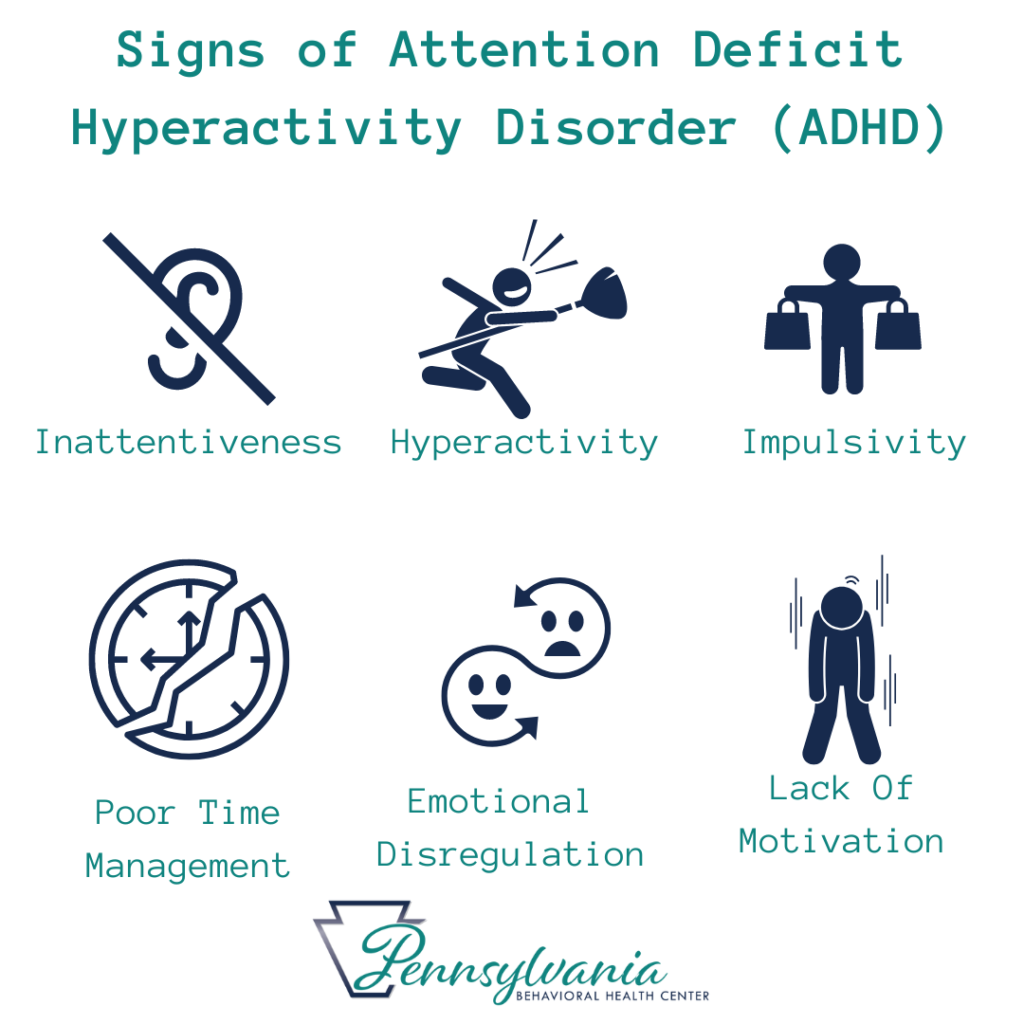Medication Management Services for Optimized Treatment Plans
Medication Management Services for Optimized Treatment Plans
Blog Article
Your Guide to Discovering the Right ADHD Treatment for Long-term Outcomes
Navigating the intricacies of ADHD treatment needs a nuanced understanding of both the disorder and the myriad choices readily available for efficient monitoring. It is vital to recognize that what benefit one person might not necessarily generate the same results for an additional. Thus, a tailored method-- including expert support, medication, behavioral methods, and way of living changes-- comes to be critical. Nonetheless, the journey toward determining one of the most appropriate treatment strategy can be laden with challenges. What are the essential variables that influence effective outcomes, and exactly how can people guarantee they are on the right path?
Understanding ADHD and Its Influence

In grownups, ADHD can cause obstacles in workplace settings, influencing performance, time monitoring, and social connections. Commonly, undiagnosed or improperly took care of ADHD can add to co-occurring mental wellness problems, such as anxiety and depression, further complicating an individual's overall health.
The social assumption of ADHD can differ, causing stigma and misconception, which may prevent people from looking for help. As understanding grows, it is important to promote an environment that advertises understanding and support for those affected by ADHD, highlighting the need for precise medical diagnosis and tailored strategies to minimize its impact on day-to-day life.
Summary of Therapy Options
A thorough approach to dealing with ADHD encompasses a selection of options tailored to the person's unique needs. These alternatives can broadly be categorized right into behavioral interventions, psychoeducation, and way of life adjustments, along with pharmacological treatments that might be explored later.
Behavioral treatments, such as cognitive-behavioral therapy (CBT), focus on changing specific habits and creating coping strategies to manage signs and symptoms effectively. Psychoeducation plays a critical function in equipping both individuals and their households by giving information about ADHD, its obstacles, and reliable strategies for support.
Way of life adjustments can considerably influence ADHD monitoring. Regular exercise, a balanced diet plan, and appropriate sleep contribute to general wellness and sign control. Mindfulness methods and leisure methods can additionally improve emphasis and minimize impulsivity.
Support system and household therapy can cultivate a sense of community and understanding, helping people really feel much less isolated in their experiences. Each therapy choice must be thought about together with the individual's preferences and situations, making sure an all natural technique that promotes long-term success. Ultimately, the objective is to develop a tailored therapy strategy that attends to the particular challenges connected with ADHD while boosting total high quality of life.
Medication: Pros and Disadvantages
Drug plays an essential role in the therapy of ADHD, with numerous choices readily available that can significantly minimize signs and symptoms for lots of individuals. Energizers, such as methylphenidate and amphetamines, are commonly recommended and have actually revealed efficiency in boosting focus, reducing impulsivity, and boosting general actions. These medicines work by boosting dopamine and norepinephrine degrees in the brain, which are usually dysregulated in those with ADHD.
Nonetheless, using drug is not without its difficulties. Some people may experience negative effects, including sleeping disorders, lowered appetite, or raised stress and anxiety. Locating the right dosage can be an experimental procedure, requiring close monitoring by medical care professionals. Furthermore, not all patients respond to energizer drugs, leading some to explore non-stimulant choices, which may have a delayed start of activity or different negative effects.
It is essential for individuals and their families to evaluate these pros and disadvantages carefully. Balancing the benefits of symptom management versus potential adverse effects is vital for attaining optimum therapy end results. Cooperation with doctor can facilitate informed decisions, ensuring that medication becomes part of a detailed ADHD monitoring strategy.
Behavioral Therapy Methods

One generally used approach is Cognitive Behavior modification (CBT), try these out which helps individuals recognize and alter adverse thought patterns that add to ADHD-related difficulties. Therapist for ADHD. With CBT, clients discover to set sensible goals, handle time efficiently, and establish organizational systems
Another effective technique is Parent Management Training (PMT), which educates parents on how to reinforce favorable actions and reduce unfavorable ones via consistent technique and interaction see post approaches. This technique fosters a helpful home environment that encourages behavior enhancements.
Social skills training is also integral, helping people with ADHD browse social interactions better. Role-playing and modeling ideal actions can improve social proficiency and decrease anxiousness in social scenarios.
Way Of Life Changes for Better Monitoring
Exactly how can lifestyle modifications significantly boost the management of ADHD signs and symptoms? Implementing calculated way of life modifications can result in significant renovations in emphasis, company, and psychological guideline for people with ADHD.
To start with, establishing an organized daily regimen helps in developing predictability, which can minimize sensations of overwhelm. Consistent schedules for dishes, research, and sleep can improve day-to-day functioning.
Incorporating regular physical activity is likewise essential, as workout has been shown to improve dopamine degrees, enhancing attention and inspiration (Therapist for ADHD). Intending for at least 30 minutes of moderate workout most days can be beneficial
Nutrition plays an essential role also. A balanced diet regimen rich in omega-3 fatty acids, whole grains, and protein can sustain cognitive feature. Limiting processed sugars and caffeine may read this article reduce signs, as these can bring about energy accidents and impatience.
Conclusion
In verdict, discovering the appropriate ADHD therapy necessitates a multifaceted strategy that considers private needs and choices. Cooperation with medical care experts and open communication with assistance networks are vital parts in navigating the intricacies of ADHD monitoring, eventually leading to enduring results and enhanced high quality of life.
Report this page